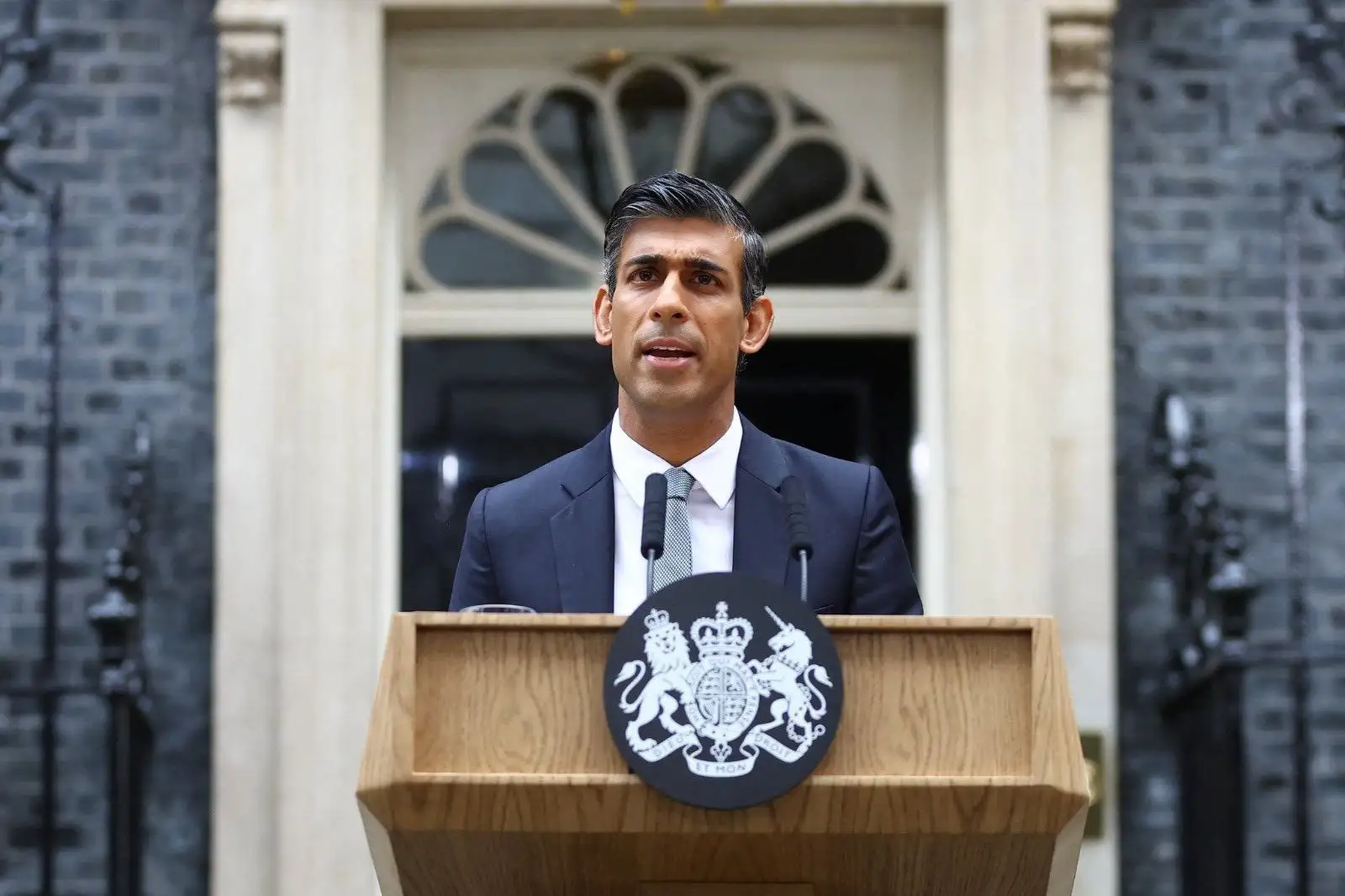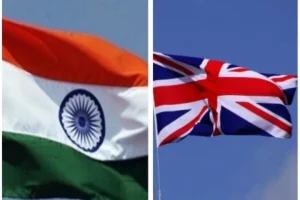The change in guard in the UK with Conservative Party leader Rishi Sunak taking over as Prime Minister, will not alter the course of negotiations on the proposed free trade agreement (FTA) with India. His reappointment of Suella Braverman as his Home Secretary is an indication that he is unlikely to soften his stand on non-trade issues, especially those related to the visa regime under the Migration and Mobility pact.
One of the main thrusts for India has been easier visa regime for its citizens as part of the FTA pact.
As Home Secretary under former British Prime Minister Liz Truss, Braverman’s infamous remarks about Indian migrants had shocked many. She said that Indian migrants already make up for the “largest group of people who overstay”.
Sunak has defended Braverman saying that her reappointment into the Cabinet will bring “experience and stability”
With instability setting into UK’s political spectrum—Sunak is the third Prime Minister in a span of just three months– India may also tread cautiously. Sunak’s team may play tough as he may play to the gallery.
“You have to look at the UK-India FTA that way. We have more or less equal total GDP size, but we have got highly skilled labour which they [UK] want, and a huge market,” Meghnad Desai, Emeritus Professor of Economics at the London School of Economics and Political Science told Business Today.
An insider said that several demands made by the UK are unacceptable to India and New Delhi is clear that it will not rush into any agreement until it benefits the domestic industry. “At this juncture there is too much of uncertainty in the UK..The agreement needs to be a win win..or else India is not interested. We have sought easier visa regime and that is something we will not compromise on..We will not sign a trade deal just to announce to the world that we have done so,” he said.
Sunak, who is also Infosys co-founder Narayan Murthy’s son-in-law, has a tough road ahead. He is expected to fix the country’s battered economy.
“The UK economy is in troubled waters..for them FTA with India will as crucial but they need to change their stance. They should keep non trade issues out of the periphery but if they continue with their demand, the deal may once again fall through,” Ashwani Mahajan, national co-convenor of Swadeshi Jagran Manch told India Narrative. Mahajan said India must stick to its ground.
The UK economy in the post Brexit phase is particularly hit with reduced trade volume between Britain and the European Union. In the long term it could reduce by as much as 50 per cent.
“We have to have bilateral trade with the UK because it foolishly walked out of the EU. It’s not India’s problem. It’s a UK problem. Basically, India is in the driving seat. India is going to be the UK’s solution. UK is not going to be India’s solution,” Desai said in his interview to Business Today .
According to Briefings for Britain, a non partisan platform tracking issues related to Brexit, said that the exit would lead to very large new trade barriers being created between the UK and the EU, especially non-tariff barriers. These might be as large as 20 per cent of trade values, it said.
Also read: Why India’s exports to Europe could see a big jump following Ukraine war



















